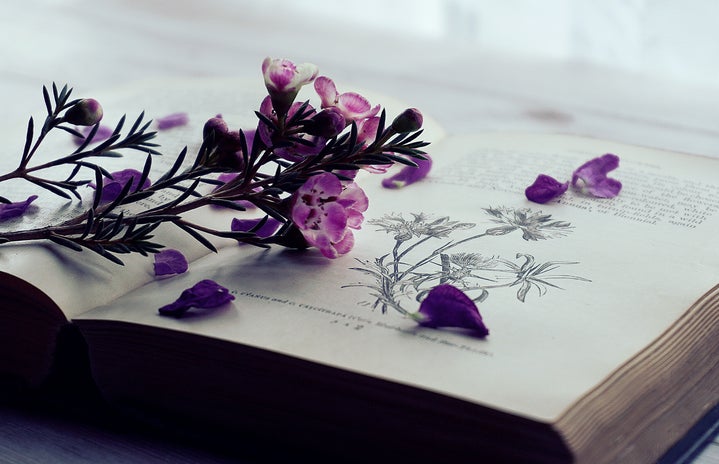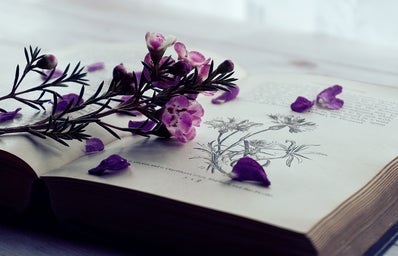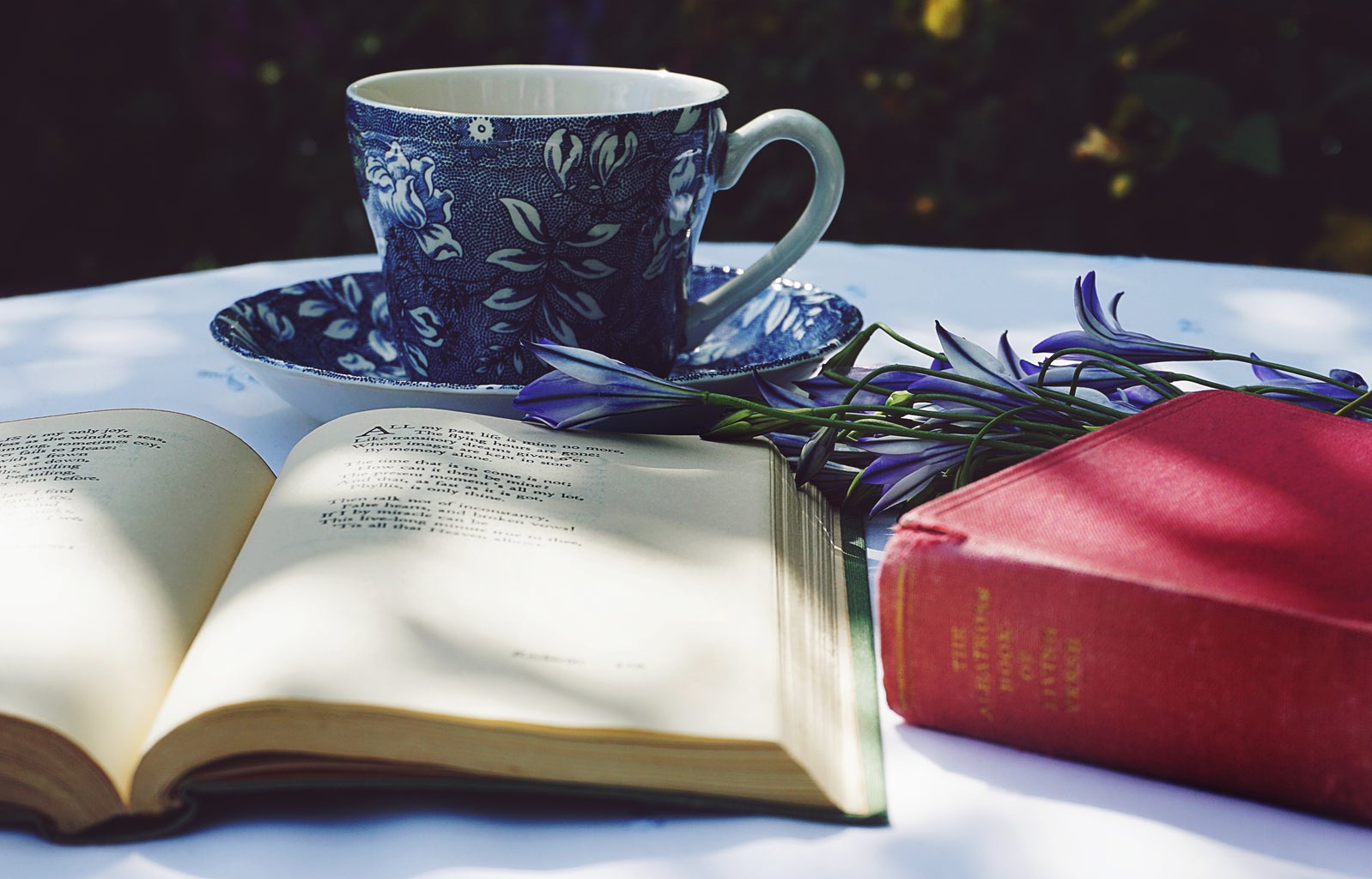Like a majority of cynical teenagers, I never liked poetry growing up. It was boring, it was pointless, it meant reading Shakespeare or about some station in a metro that I don’t even care about, dude. When I began taking courses for my English major, however, I had to face the inevitable: I had to read—and understand the merit of—poetry.
At first, my cynicism lingered and I put minimal effort into analyzing any poem I was assigned. Predictably, this led to average-at-best grades and disappointed feedback from professors. The most consistent comments I received were to think about how a poem’s form influences its content, something I’d never done before. I was so caught up in hating an art form I didn’t understand that I never gave myself the chance to explore how the very structure of words can affect a reader.
It was certainly a challenge to pull myself out of my high school headspace. Poetry, difficult to understand for even the most learned readers, requires a different type of focus than prose. It’s likely that one of the reasons I resented poetry for so long was because I didn’t want to dedicate time parsing through each line, each syllable. It can be tedious, but the more I practiced the more enjoyable analyzing the poems became. I began to recognize patterns and figurative language, feeling accomplished and making the process more fun by the day. In a strange way, I’m glad my relationship with poetry went through a journey—bumpy and messy as it was, the work I put into strengthening my poetic analysis feels worth it in the end.
Because my love for poetry was course-directed, I figured that it might be worth it to list the poems that I fell in love with in hopes that they might sway another poetry cynic out there. The following is a non-comprehensive list of poems I find myself drawn to:
“Coyote” by Alexander Posey
Known best for his persona Fus Fixico, Alexander Posey was a Creek political humorist and poet. “Coyote” is an elegiac expression of Native grief that centers nature during the time of colonial expansion. It is beautiful—and heartbreaking.
“America” by Claude McKay
Claude McKay is a staple in the American poetic movement. His ability to use traditional poetic forms as a means of resistance against American bigotry is incredibly intelligent. “America” is a driving, inspired poem that centers the fight for racial justice around the long held ideal of American optimism.
“After great pain, a formal feeling comes” by Emily Dickinson
Both moving and melancholic, “After great pain” is a must-read for anyone interested looking to be truly shattered by the poetic form. Dickinson’s clever punctuation and style makes her poetry not only engaging, but a good first poem when learning to analyze form.
“The Orders” by Cindy Juyoung Ok
“The Orders” is certainly a poem worth rereading. There are many different ways of reading the work, only inviting further interrogation into the idea of the “right” way to read poetry. I would recommend spending some time on this poem if you want to feel as accomplished as I did when I recognized hidden patterns in the piece.
Not everyone has to adore poetry—I don’t even think I do—but being able to appreciate it has certainly made me a more well-rounded reader and writer.



